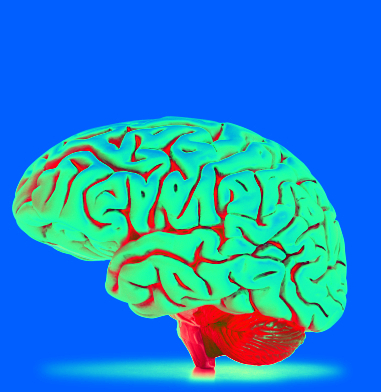Single neuron filmed
 Queensland researchers have made the first ever recording of a neuron in Australia.
Queensland researchers have made the first ever recording of a neuron in Australia.
Brain tissue was donated from a tumour removal surgery at Mater Hospital South Brisbane in August this year, before being rushed over to the Queensland Brain Institute, where researcher Professor Stephen Williams and Neurologist Dr Lisa Gillinder were able to do the recording.
At the laboratory in St Lucia, the sample was thinly sectioned and viewed under a high-power microscope.
It was the first multi-site electrical recording from a human neuron in Australia.
The recording helps answer long-standing questions about how information is processed in the human brain, specifically by cortical neurons.
This kind of multi-site recordings of cellular activity means researchers do not have to rely on translational data from animal models.
The team found that the thin dendrites of human neocortical neurons are highly electrically active, and capable of generating spikes, which influenced neuronal output.
Research is increasingly showing that dendritic spikes can convey enormous computational flexibility to the function of neurons.
The findings from the Queensland study suggest that the capacity of individual human neocortical neurons to process information in the brain is more complex than previously thought.
Scientists are learning more and more about the repertoire of computations these neurons utilise, and the mechanisms that underlie them.
“This work will have significant value in progressing future research to understand human brain physiology and enable the development of more robust research hypotheses about how the human brain functions and how this function is disturbed in disease,” Prof Williams says.
“By investigating neurons as the fundamental building blocks of electrical activity and computation in the healthy human brain, studies such as these have the incomparable capacity to inform our understanding of diseases involving altered or disrupted neural activity such as epilepsy.”







 Print
Print